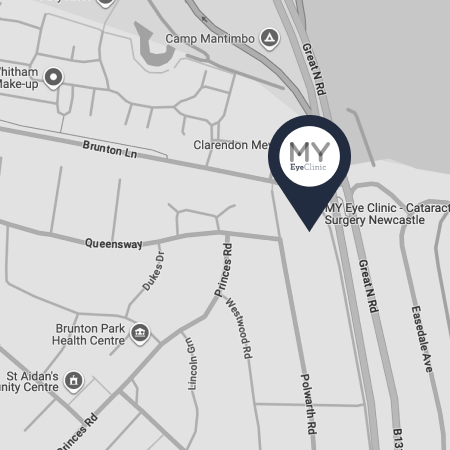
Can laser eye surgery fix astigmatism?
If you’ve been told you have astigmatism, you might wonder whether laser eye surgery can help.
The short answer is yes—laser eye surgery can correct most types of astigmatism.
What is astigmatism?
Astigmatism means your cornea (the front of your eye) isn’t perfectly round. Instead of being shaped like a basketball, it’s more like a rugby ball.
This affects how light enters the eye, causing blurred or distorted vision.
People with astigmatism often experience:
- Blurry vision at all distances
- Eye strain
- Headaches
- Difficulty seeing at night
It’s a common condition—and you can have it along with short-sightedness (myopia) or long-sightedness (hyperopia).
Can laser eye surgery correct it?
Yes. LASIK, LASEK and TransPRK all reshape the cornea to correct this uneven focus.
We use a computer-guided laser to:
- Smooth out the irregular shape
- Refocus the light correctly
- Give you clearer, sharper vision
These procedures are customised to your unique eye shape. We use advanced scanning technology to map your cornea and plan the most precise treatment.
Modern laser technology allows for highly accurate corrections—even for people with higher or more complex levels of astigmatism.
How do we decide if it’s right for you?
We'll check:
- The type and degree of your astigmatism
- Corneal thickness and shape
- Eye health and overall prescription stability
We’ll also talk about your lifestyle—what you do for work, how active you are, and what kind of vision you want after treatment.
If laser isn’t suitable, we’ll explain why and talk through other options.
What results can you expect?
Most patients with mild to moderate astigmatism see:
- 20/20 or better vision
- Less reliance on glasses or contact lenses
- Long-term clarity and freedom
We’ll monitor your results over time to make sure your vision remains stable. If your vision ever changes down the line, an enhancement treatment may be possible.
Wondering if you're a candidate?
Take the suitability self-test. It’s free and only takes a minute.
Find out if you are suitable for vision correction
Vision correction isn’t suitable for everyone.
The first step is to take the self test so you can find out whether you can benefit.




